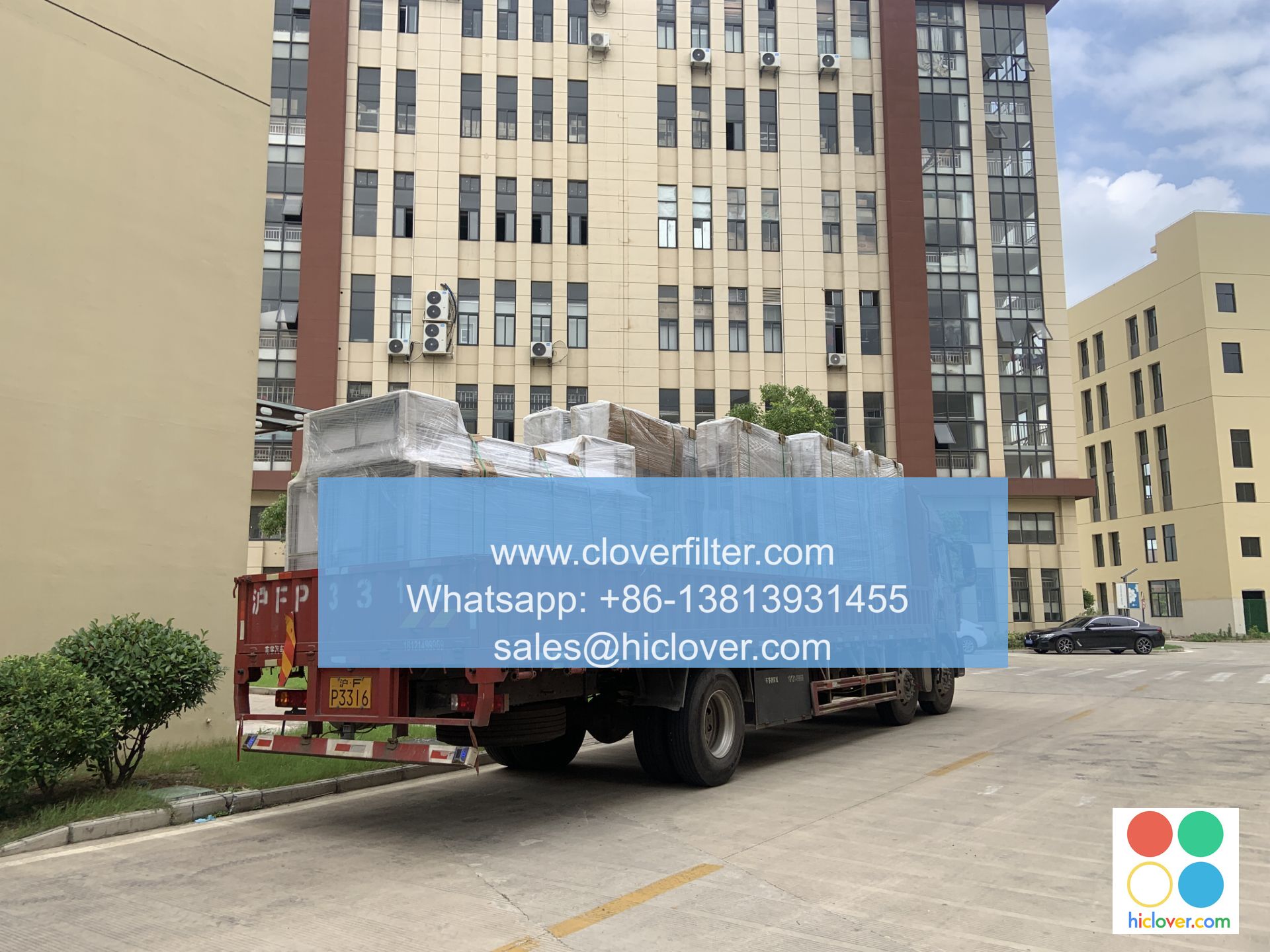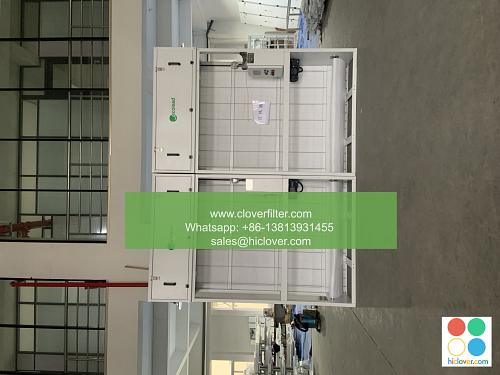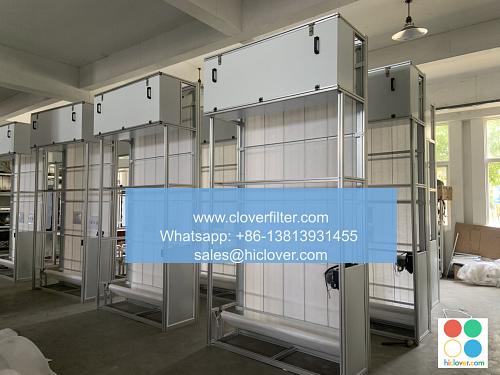Air Filters in Advanced Manufacturing Technologies

Air filters play a crucial role in advanced manufacturing technologies, ensuring the quality and reliability of products by controlling the air quality in manufacturing environments. The use of air filters in industries such as aerospace, automotive, and electronics has become increasingly important due to the need for cleanroom conditions, precision engineering, and high-tech manufacturing. In this article, we will explore the various applications of air filters in advanced manufacturing technologies, highlighting their importance in industrial air filtration, process control, and product quality.
Application Areas of Air Filters in Advanced Manufacturing
Air filters are used in a wide range of application areas, including:
- Cleanroom technology: Air filters are used to maintain the cleanliness and air quality in cleanrooms, which are essential for the production of semiconductors, pharmaceuticals, and biotechnology products.
- Industrial paint shops: Air filters are used to remove overspray and volatile organic compounds (VOCs) from the air, ensuring a safe and healthy working environment for employees.
- Food and beverage processing: Air filters are used to remove contaminants and odors from the air, ensuring the quality and safety of food products.
- Pharmaceutical manufacturing: Air filters are used to maintain the sterility and air quality in pharmaceutical manufacturing facilities, ensuring the quality and efficacy of pharmaceutical products.
- HEPA filters (High Efficiency Particulate Air): These filters are capable of removing 99.97% of particles as small as 0.3 microns from the air.
- ULPA filters (Ultra Low Penetration Air): These filters are capable of removing 99.9995% of particles as small as 0.12 microns from the air.
- Activated carbon filters: These filters are used to remove odors, gases, and chemicals from the air.
- Pre-filters: These filters are used to remove larger particles from the air, protecting the more sensitive HEPA and ULPA filters.
- Improved product quality: By controlling the air quality in manufacturing environments, air filters help to ensure the quality and reliability of products.
- Increased efficiency: Air filters help to reduce downtime and maintenance costs by preventing equipment damage and product contamination.
- Enhanced worker safety: Air filters help to remove hazardous particles and chemicals from the air, ensuring a safe and healthy working environment for employees.
- Reduced energy costs: Air filters can help to reduce energy costs by reducing the load on heating and cooling systems.
Types of Air Filters Used in Advanced Manufacturing
There are several types of air filters used in advanced manufacturing technologies, including:
Benefits of Air Filters in Advanced Manufacturing
The use of air filters in advanced manufacturing technologies has several benefits, including:
Conclusion
In conclusion, air filters play a vital role in advanced manufacturing technologies, ensuring the quality and reliability of products by controlling the air quality in manufacturing environments. The use of air filters in various application areas, including cleanroom technology, industrial paint shops, food and beverage processing, and pharmaceutical manufacturing, has several benefits, including improved product quality, increased efficiency, enhanced worker safety, and reduced energy costs. By understanding the importance of air filters in advanced manufacturing technologies, manufacturers can take steps to ensure the quality and reliability of their products, while also improving the safety and efficiency of their operations. You haven’t provided a prompt or question for me to respond to. Please provide more context or information, and I’ll do my best to assist you. What would you like to talk about or ask?


